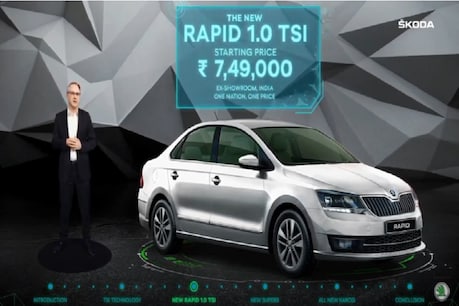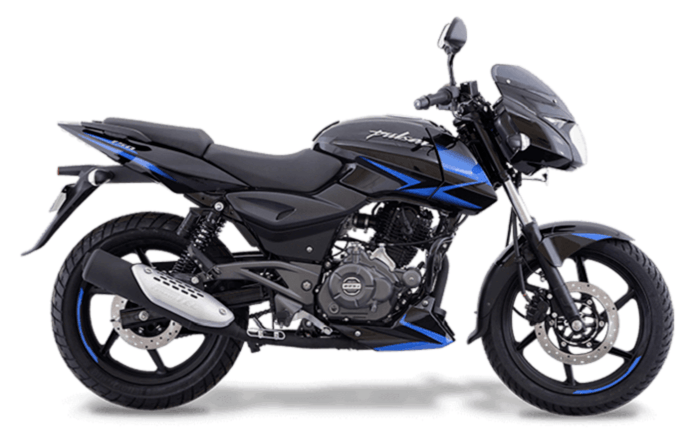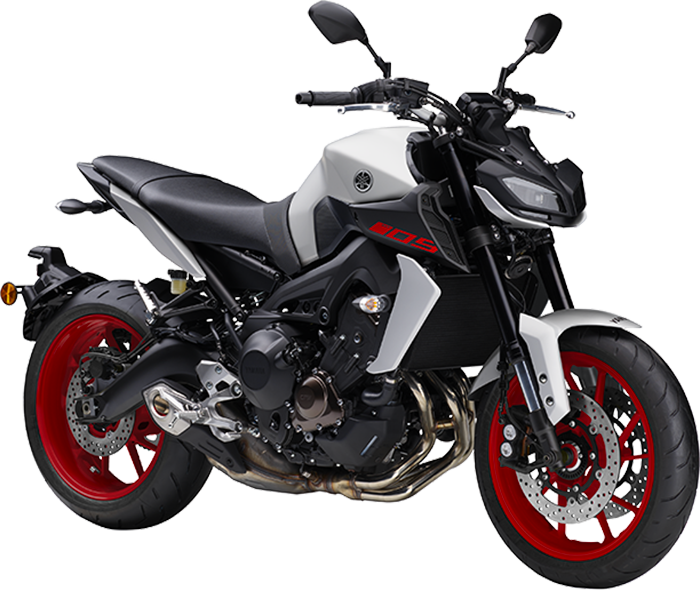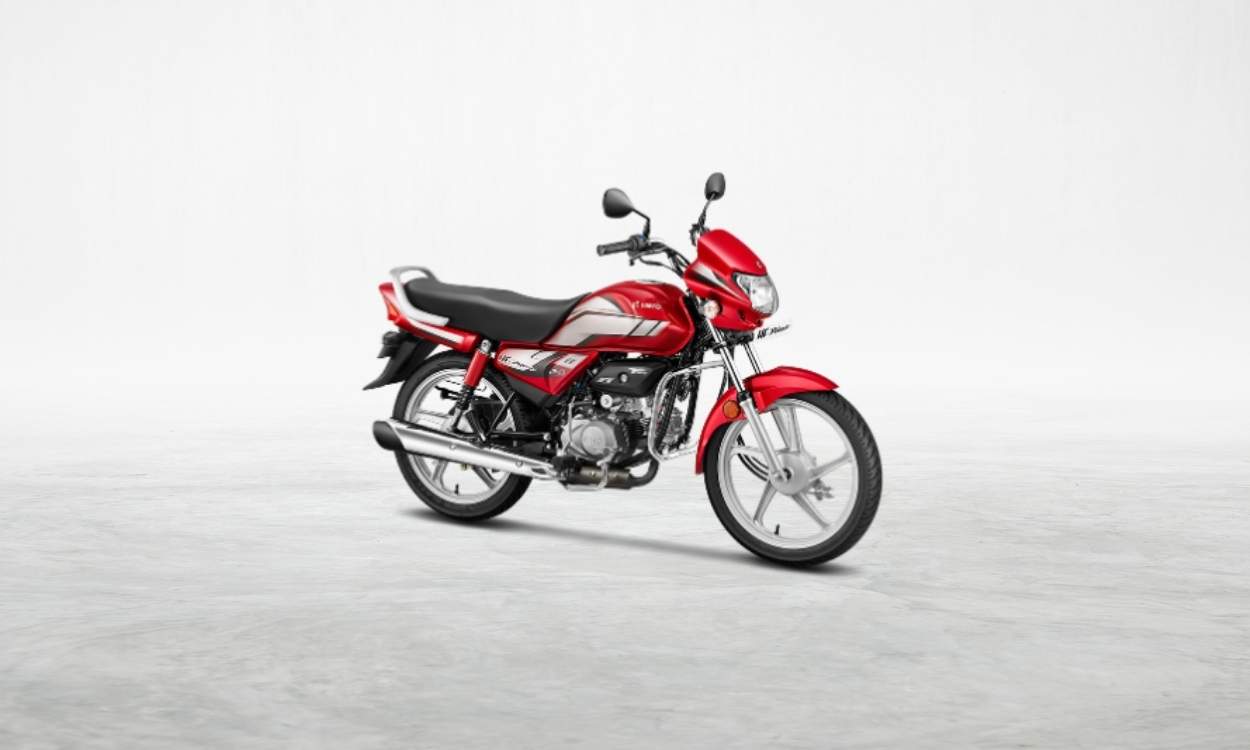Skoda launched
Skoda Karoq SUV and Skoda Rapid 1.0 TSI 2020 in India
Skoda Karoq
SUV
_0.jpg)
Auto manufacturing company Skoda India on Tuesday launched the facelift
of Karoq SUV and Superb in India. Apart from this, the company has also
launched the new Skoda Rapid 1.0 TSI. The Skoda Karoq SUV is 24.99 lakh rupees
(ex-showroom India) in the Indian market. The Skoda Karoq SUV was first showcased at Auto Expo-2020.
It will compete with Volkswagen T-Roc.
Karoq will be introduced in India as a CBU (Completely
Built-up Unit- CBU) model and will be available only in a top-of-the-line
variant. The Skoda Karoq SUV will compete in the Indian market in the
premium SUV segment of the compact SUV segment, which includes SUVs like MG
Hector, Jeep Compass and Hyundai Tucson. Like most of Skoda's models, the look
of this new SUV is also muscular and aggressive.
The Skoda Karoq SUV will feature a larger touchscreen
infotainment system with Android Auto and Apple CarPlay support. Apart from
this, it will get leather upholstery on seats with dual-zone climate control.
The SUV will have two colour options (black and beige-black) for the cabin.
The Skoda Karoq SUV is built on the MQB platform, just like the
similar Volkswagen T-Roc. It has 9 airbags. It has ESC (Electronic Stability
Control), MKB (Multi Collision Brake), TPMS (Tire Pressure Monitoring System),
Parktronic system,
Engine and
Power of Skoda karoq SUV BS6

The Skoda Karoq SUV is powered by a petrol engine and comes with
a 1.5 liter turbocharged TSI petrol engine, which generates 150 PS of power at
5,000-6,000 rpm and 250 Nm of torque at 1,500-3,500 rpm. This engine is
standard with a 7-speed DSG automatic gearbox. This SUV catches a speed of
0-100 kilometer per hour in just 9 seconds. It gives a mileage of 14.49 kilometer per liter. This SUV is
already available with both these engines in the international market. It is
believed that the company may later add a BS6 diesel engine to it based on market
feedback.
Skoda rapid
1.0 TSI

Automobile company Skoda India on Tuesday launched the new
Skoda Rapid 1.0 TSI in India. The Skoda Rapid 1.0 TSI price starts at Rs 7.49
lakh (ex-showroom) and the top variants go up to Rs 11.79 lakh. The new Skoda
Rapid 1.0 TSI will be available in four variants - Rider, Ambition, Onyx, Style
and Monte Carlo and six colours - Candy White, Carbon Steel, Brilliant Silver,
Toffee Brown, Lapiz Blue and Flash Red.
Features of
Skoda Rapid 1.0 TSI 2020
Apart from the new and cleaner engine, the cabin of the new Skoda Rapid 1.0 TSI has been modified. It has a new 8-inch touchscreen infotainment
system. It has auto climate control, 12-volt power socket in front and rear and
cruise control and steering mounted audio controls.
Features such as 16-inch alloy wheels, LED headlamps, LED
daytime running lamps (DRLs), rear diffuser and black lip spoiler are given.
Engine and
Power of Skoda Rapid 1.0 TSI BS6
In the new Skoda Rapid 1.0 TSI, the company has given a new 1.0
liter, three-cylinder, turbocharged petrol TSI engine that generates 110 PS of
power at 5250 rpm and 175Nm of torque at 1750-4000 rpm. The engine comes
standard with a 6-speed manual gearbox. The new Skoda Rapid 1.0 TSI gives a mileage
of 18.79 kilometer per liter, 23 percent more than before.
Price of
Skoda Rapid 1.0 TSI

Ride variants are priced at Rs 7,49,000, Ambition and Onyx
variants are priced at Rs 9,99,000 and Rs 10,19,000 respectively. The higher
spec style and Monte Carlo variants are priced at Rs 11,49,000 and Rs 11,79,000
(ex-showroom India).
Skoda has arranged online sales, contactless delivery and
finance to help customers in the Corona era. Apart from this, the company has
launched a buyback scheme.









